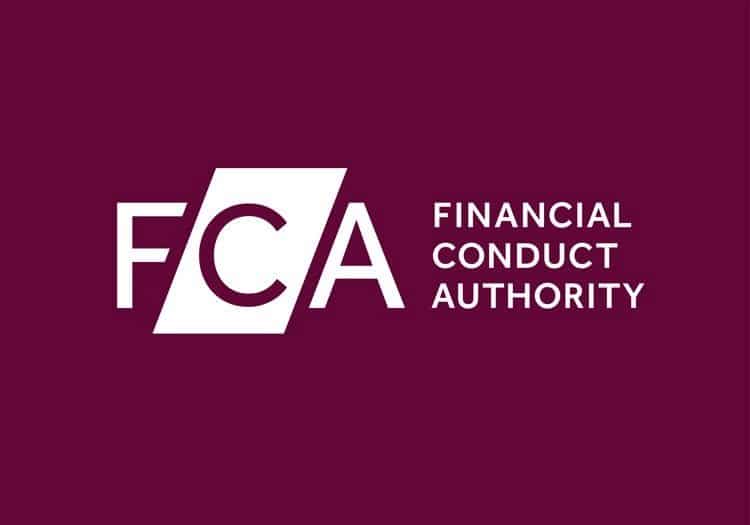The United Kingdom’s Financial Conduct Authority (FCA) has published its latest consumer survey, revealing significant growth in cryptocurrency ownership. According to the report, the number of crypto investors in the UK has risen to 2.3 million, up from 1.9 million in 2020. Despite this increase, the study highlights a concerning trend: while crypto awareness has grown, understanding of cryptocurrencies has declined, potentially exposing consumers to risks.
Key Findings from the FCA Survey
Surge in Crypto Ownership
The survey reveals that:
- 2.3 million UK adults now own crypto assets, a notable rise from 1.9 million in 2020.
- Median holdings increased from £260 in 2020 to £300 in 2021, reflecting higher ownership volumes.
Increased Awareness
Awareness of cryptocurrency has also grown:
- 78% of UK adults are now aware of cryptocurrencies, up from 73% last year.
Declining Understanding of Cryptocurrencies
Lack of Comprehension
While awareness has risen, the study highlights a decline in understanding:
- Many respondents admitted to hearing about crypto but not fully grasping how it works.
- This knowledge gap poses a risk of consumers engaging with cryptocurrencies without a clear understanding.
Potential Risks
- Financial Risks: Incomplete knowledge can lead to poor investment decisions.
- Market Vulnerability: Investors may fall prey to scams or volatile market conditions.
Bitcoin: The Dominant Cryptocurrency in the UK
FCA Survey on Bitcoin
The study found Bitcoin to be the most recognized and favored cryptocurrency in the UK:
- 82% of respondents familiar with cryptocurrencies identified Bitcoin.
- Other cryptocurrencies lag significantly in recognition and popularity.
Preference for Bitcoin
The data suggests that many UK consumers associate the term “cryptocurrency” almost exclusively with Bitcoin, highlighting its dominant position in the market.
The Growing Popularity of Crypto in the UK
Market Trends
The surge in crypto ownership can be attributed to:
- Increased media coverage of cryptocurrencies.
- Rising adoption by institutions and mainstream financial platforms.
- The potential for high returns, attracting retail investors.
Median Holdings Growth
The rise in median holdings from £260 to £300 demonstrates growing consumer confidence and larger investments in digital assets.
Challenges for Regulators and Investors
FCA’s Concerns
The FCA is wary of the risks posed by declining understanding:
- Misinformation: Investors may act on incomplete or inaccurate information.
- Lack of Regulation Knowledge: Many are unaware of regulatory protections or limitations.
Addressing the Knowledge Gap
Regulators emphasize the need for:
- Education campaigns to improve consumer understanding of cryptocurrencies.
- Clear guidelines to help investors make informed decisions.
FAQs
How many people in the UK own cryptocurrencies?
According to the FCA, 2.3 million adults in the UK now hold crypto assets, up from 1.9 million in 2020.
What is the median crypto holding in the UK?
The median holding has risen to £300, compared to £260 in 2020.
Which cryptocurrency is most popular in the UK?
Bitcoin is the most recognized and preferred cryptocurrency, with 82% of respondents familiar with it.
What concerns does the FCA have about crypto investments?
The FCA is concerned about declining understanding of cryptocurrencies, which could lead to poor investment decisions and increased financial risk.
Why has crypto awareness increased but understanding declined?
The surge in media coverage and discussions around crypto may have introduced more people to the concept without providing them with in-depth knowledge.
What steps can regulators take to address these issues?
Regulators can launch education initiatives to improve understanding and establish clear regulatory frameworks to protect investors.
Conclusion
The FCA’s survey highlights the growing interest in cryptocurrency ownership in the UK, with a significant rise in both the number of investors and median holdings. However, the decline in understanding poses risks that need to be addressed through education and regulation. As Bitcoin remains the dominant cryptocurrency, bridging the knowledge gap is essential to ensure safe and informed participation in the growing digital asset economy.
To learn more about the innovative startups shaping the future of the crypto industry, explore our article on latest news, where we delve into the most promising ventures and their potential to disrupt traditional industries.
Disclaimer: The information provided is not trading advice, Bitcoinworld.co.in holds no liability for any investments made based on the information provided on this page. We strongly recommend independent research and/or consultation with a qualified professional before making any investment decisions.




